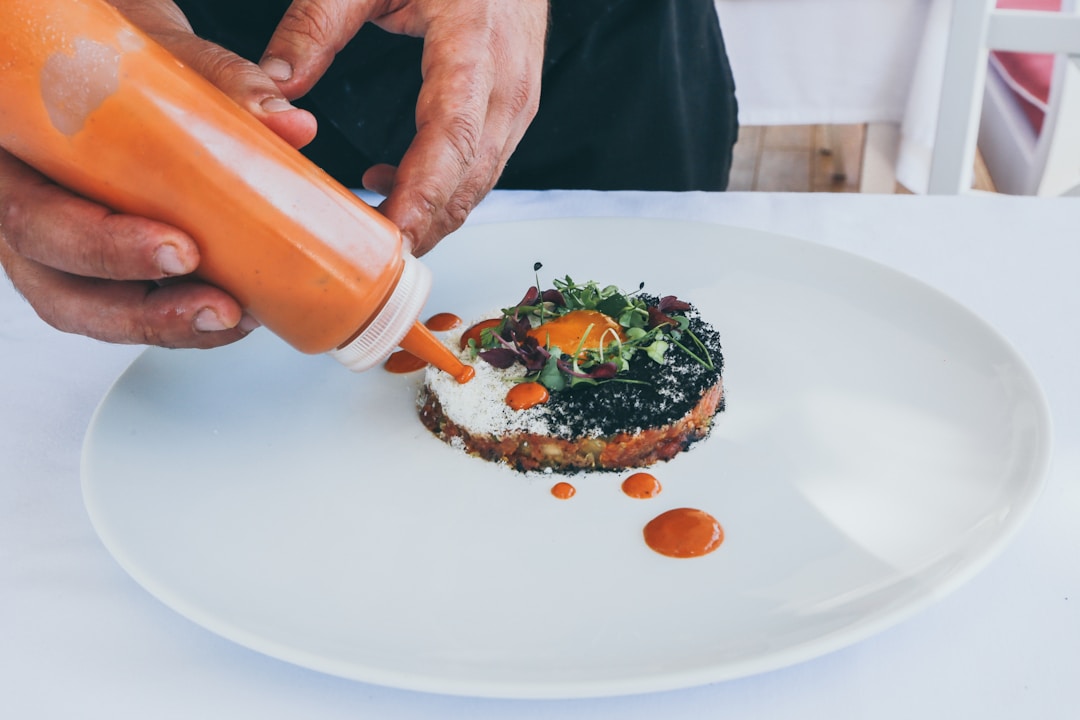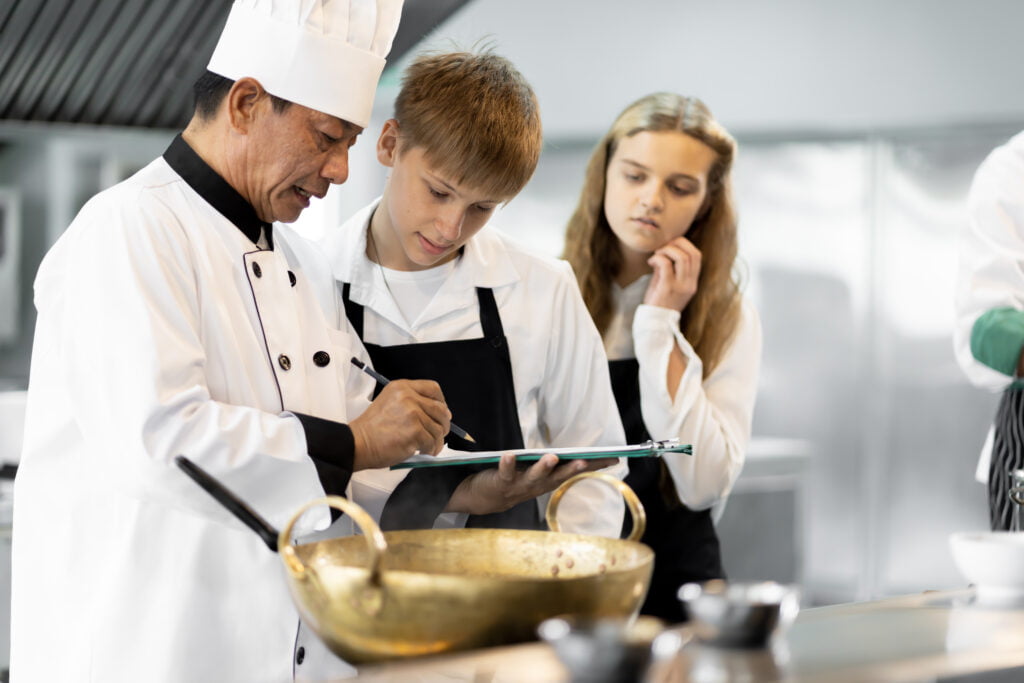What Do You Learn in Culinary School?
Embarking on a culinary journey is not merely about mastering the art of cooking. It’s a comprehensive education that spans knowledge beyond the skillet. Culinary schools provide a professional groundwork balancing both practical skills and theoretical knowledge necessary in the food industry. Keep reading to have a better understanding of what culinary schools teach their students.
The Essence of Culinary Education
The linchpin of culinary education dwells in learning to approach food from a chef’s perspective. What appears to the untrained eye as mere nourishment transforms into an exploration of flavors and textures, of food’s cultural significance and gastronomical possibilities.
Students not only grasp how to craft palatable meals but also immerse themselves in understanding the role of each ingredient and their interactions. This knowledge allows cuisine to shed its intimidating aura, paving the way for comfort and confidence behind the stove.
One prime example is the prestigious culinary arts New York City school, known for its top-notch culinary education.
More than just cooking, students also learn kitchen etiquette. Chef coats, knife handling, rank and order, hygiene, and safety procedures—all contribute to the professionalism required in a bustling kitchen.
Mastery of Culinary Techniques and Styles

Culinary training is fieldwork in essence. Tangible skills are honed to precision, ranging from knife-cutting techniques to meticulous culinary procedures.
Students learn to navigate the array of kitchen tools and gadgets at their disposal, master sauce creation, vegetable preparation, and complex cooking techniques like sous vide or choux pastry.
It also incorporates the education of different cuisines across the globe. As global gastronomy blends together, a chef’s repertoire extends beyond regional boundaries.
Supplemented with live demonstrations and hands-on experience, students amalgamate theoretical knowledge with practical expertise.
Nutrition and Food Science: An Important Aspect of Culinary Training
The science behind food is an essential part of culinary arts education. This gives insight into what really happens when heat meets food, how different ingredients react together, or why some flavors complement each other.
This understanding fosters the consideration of nutritional balance within the recipe development process, thus equipping future chefs to handle dietary requests or cultivate a niche in the health-conscious food industry.
Food safety and sanitation are of utmost importance, with a focus also on sustainable cooking practices preserving our environment.
The combination of culinary techniques with a strong background in food science guarantees thorough professionals who are as knowledgeable as they are skilled.
Understanding the Business Side of Food Industry

Running a kitchen is not limited to gastronomical skills. It comes with its own nuances of resource management and financial constraints.
Most culinary schools integrate business management and restaurant operation modules within their curriculum. This encompasses inventory management, cost control, pricing strategies, and above all, leadership skills.
Entrepreneurship skills are crucial for those hoping to open their own restaurants or food businesses in the future. These lessons also reinforce the art of multitasking under pressure, a quintessential attribute in a busy kitchen environment.
Promptness, discipline, teamwork, and time management—these unspoken lessons mold a student into a reliable professional.
The Importance of Creativity and Innovation in the Kitchen
At its heart, cooking is an art. It’s an open platform for creative and innovative expression.
During their time in culinary school, students experiment, make mistakes, discover new flavors, indulge in plating designs, and identify their unique style. It’s a nurturing ground for budding chefs allowing their creativity to flow.
With the constant evolution of the food world, experts need to stay on their toes. Sensing food trends, innovative menu design, and a knack for creating unique combinations go a long way toward making a mark in this industry.
Aspiring culinary students are taught that cooking may follow a recipe but mastering it requires adding a dash of their own personality.
Overall, culinary arts education brings together a perfect blend of practical skills, theoretical knowledge, business acumen, and inventive thinking. It’s more than just cooking, it’s a doorway to an exceedingly diverse and vibrant industry.





